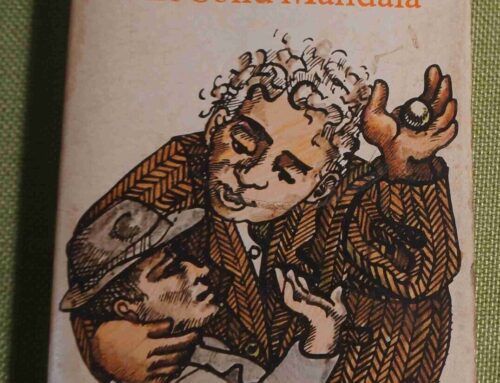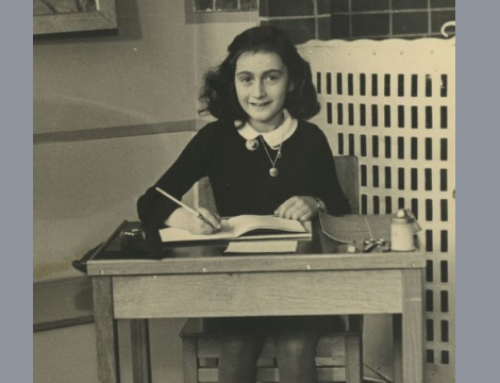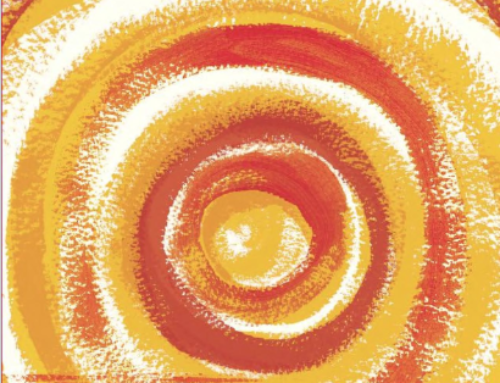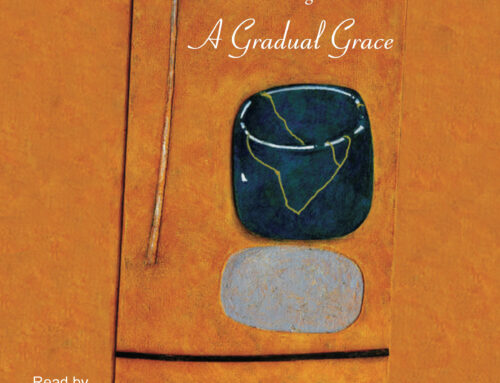Orpheus Lost is the first novel of Janet Turner Hospital’s that I’ve read. I’ve heard her name many times and thought ‘what an odd surname’; yet it has a musical resonance about it.
Music is the keynote of Orpheus Lost. When Leela, a maths genius at Harvard, first meets her Orpheus, Mishka Bartok, he is busking in a subway in Boston, playing his violin and singing, oblivious to the noise of trains arriving and departing and the crowd of listeners gathering around him. His instrumental repertoire seems inexhaustible, but when he sings, he cycles back to the same aria that first reached Leela’s ears… ‘Che farò senza Euridice’, he tells her – the lament of Orpheus, by Gluck. After a brief exchange, she leans towards him and kisses him.
It took me a few chapters to yield to this compelling story, and once I did, I was gripped by it. The lovers come together through music, and music is Mishka’s language. The opening words of the aria, translated, are ‘what will I do without that which I cannot do without?’ This is the theme that drives the story and describes the lives of each of the characters.
Afterwards, Leela realized, everything could have been predicted from the beginning. Every clue was there, the ending inevitable and curled up inside the first encounter like a tree inside a seed.
The myth of Orpheus’s search for Euridice in the underworld, only to lose her after reclaiming her, is inverted in this story. It is Mishka who is lost, and Leela who searches for him, from the Harvard School of Music, where he is a post-doc fellow, through the tunnels of the subway in her dreams, to Australia to meet Mishka’s mother, to the South Australian desert where they believe Mishka may be held in a detention camp with others after being rescued from an underground prison in Baghdad. How he became a prisoner tortured by rogue Iraqi militia groups, and how he is finally rescued, alive but with dislocated shoulders and badly damaged hands, are the questions that drive the complex plot. Mishka himself is, as Leela realises, a question without an answer, an unsolved equation.
Redemption in this complex, tragic, elegiac story is hard won and at great cost. This Orpheus survives, but we don’t know whether he can ever recover or reclaim his music, or whether the lovers will be reunited. Loss is the answer that does not cancel out love, the driving passion of the lives of these gifted, haunted characters.
Such a complex story, a summary would not do it justice. If you enjoy complex stories that explore the dark underside of the mundane and reveal eternal themes of art, passion, terror, music, the beauty of nature, the transcendent power of love, I recommend this book.




